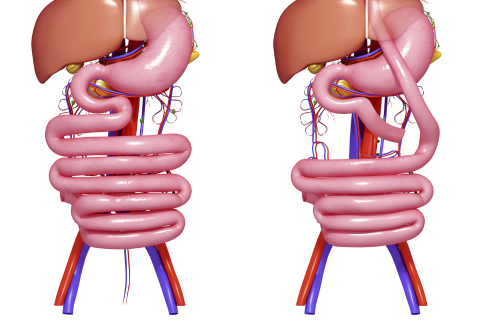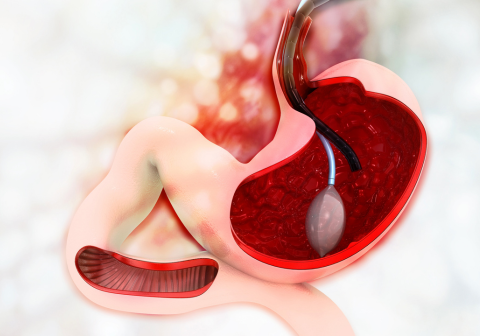
Bariatrics
Bariatrics is a medical field dedicated to understanding, preventing, and managing obesity. Bariatric surgery is often a last resort for those struggling with weight, when traditional methods like diet and exercise have failed. While surgery has been common, non-surgical options are now available.
It’s crucial to understand that bariatric interventions aren’t magical fixes. Patients must follow strict diets and exercise routines for lasting success. A wide range of solutions, surgical and non-surgical, exist to fight weight gain, offered by reputable institutions.

Gastric Bypass
Gastric bypass is a surgical technique where a small stomach pouch is created by dividing the upper part of the stomach. This pouch is then connected to the small intestine, reducing stomach size, curbing appetite, and leading to smaller food intake.

Sleeve Gastrectomy
Sleeve gastrectomy is a surgery that removes a portion of the stomach, reducing its capacity and lowering appetite. Unlike other methods, this is a permanent procedure.

Allurion Balloon Treatment
The Allurion balloon treatment is non-surgical. A patient swallows a capsule containing a deflated balloon. Once in the stomach, the balloon expands, shrinking stomach space and reducing appetite. After a set time, the balloon deflates and passes harmlessly through the digestive system.
Laparoscopic Adjustable Gastric Band (LABG)
Similar to gastric bypass, LABG involves an adjustable band. By adding or removing fluid via a needle, the band’s tightness can be changed, adjusting the pouch size and controlling food consumption.


